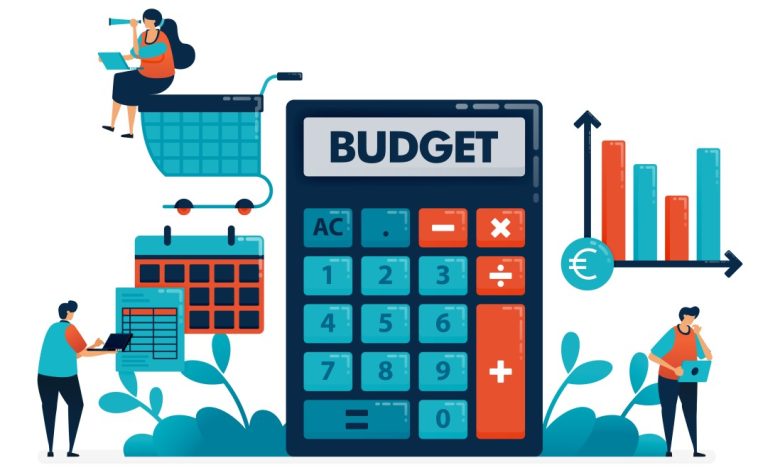Mastering the Art of Budgeting: Why Home Budget Categories Are Your Financial Superpower

Ever feel like your paycheck disappears before the month ends—and you’re not sure where it all went? You’re not alone. One of the most common reasons people lose track of their finances is because they’ve never taken the time to categorize their expenses.
Budgeting isn’t about penny-pinching or living a joyless life. It’s about clarity—understanding your money’s movement so you can make decisions based on facts rather than fear. And at the heart of this clarity lies one powerful tool: home budget categories.
What Are Home Budget Categories and Why Do They Matter?
At their core, home budget categories are simply labeled buckets you assign to your spending. Think: housing, food, transportation, health, entertainment, and savings. By sorting your expenses into logical groups, you gain insight into where your money is going—and whether it aligns with your goals.
Let’s take a common scenario: you budget $400 for dining out each month, but discover you’re consistently spending over $600. This realization empowers you to either adjust your budget or scale back your spending. Without categories, that $600 might just be a blur across random transactions.
Budgeting Isn’t Just for “Financial Types”
Contrary to popular belief, you don’t have to be a spreadsheet-loving finance nerd to benefit from budgeting. Whether you’re living paycheck to paycheck or just want to save more intentionally, categorizing your expenses simplifies decision-making. It brings you face-to-face with patterns—good or bad—and helps you course-correct in real time.
You’ll also be better prepared for surprise costs. Medical bills, car repairs, or sudden travel plans won’t derail your finances if you’ve built categories like “emergency fund” or “savings.”
The Categories You Might Be Missing
While basics like rent and groceries are obvious, many people overlook areas like:
- Subscriptions: That $9.99 here and $14.99 there adds up fast.
- Gifts and holidays: Planning ahead for birthdays or December spending sprees can save you serious stress.
- Health expenses: Even with insurance, deductibles and copays can sneak up on you.
It’s these “small” expenses that often snowball when left unchecked.
Take the First Step
You don’t need fancy software to start. A notebook, a spreadsheet, or a free online tool can do the trick. The key is consistency and honesty—don’t hide your Starbucks habit from your own budget.
If you’re not sure where to start, check out this clear and detailed breakdown of home budget categories to use as a framework. It offers practical guidance on what to include and how to prioritize, whether you’re budgeting solo or for a family.
Want a refresher down the road or just feel like your financial system needs an update? Revisit these home budget categories to recalibrate and stay aligned with your financial goals.




